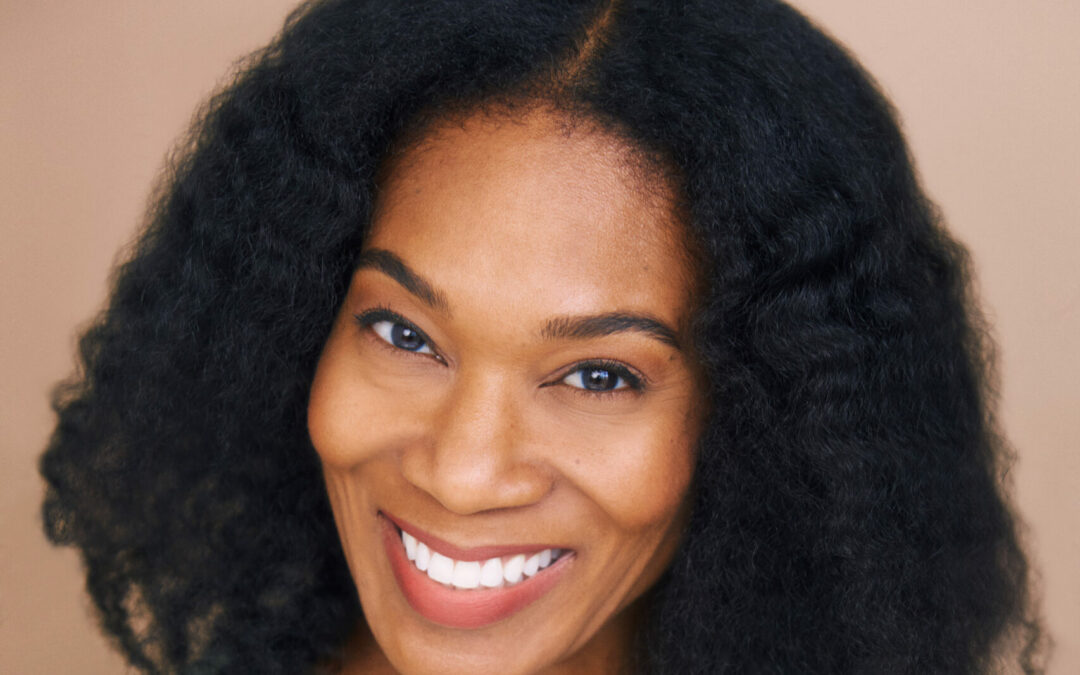
by Michele Kirichanskaya | Oct 4, 2024 | Blog
Chloe O. Davis is an author who works in the entertainment industry in New York. A graduate of Hampton University and Temple University, she has centered her creative platform on amplifying the narratives of Black culture and heightening the awareness of the LGBTQIA+...
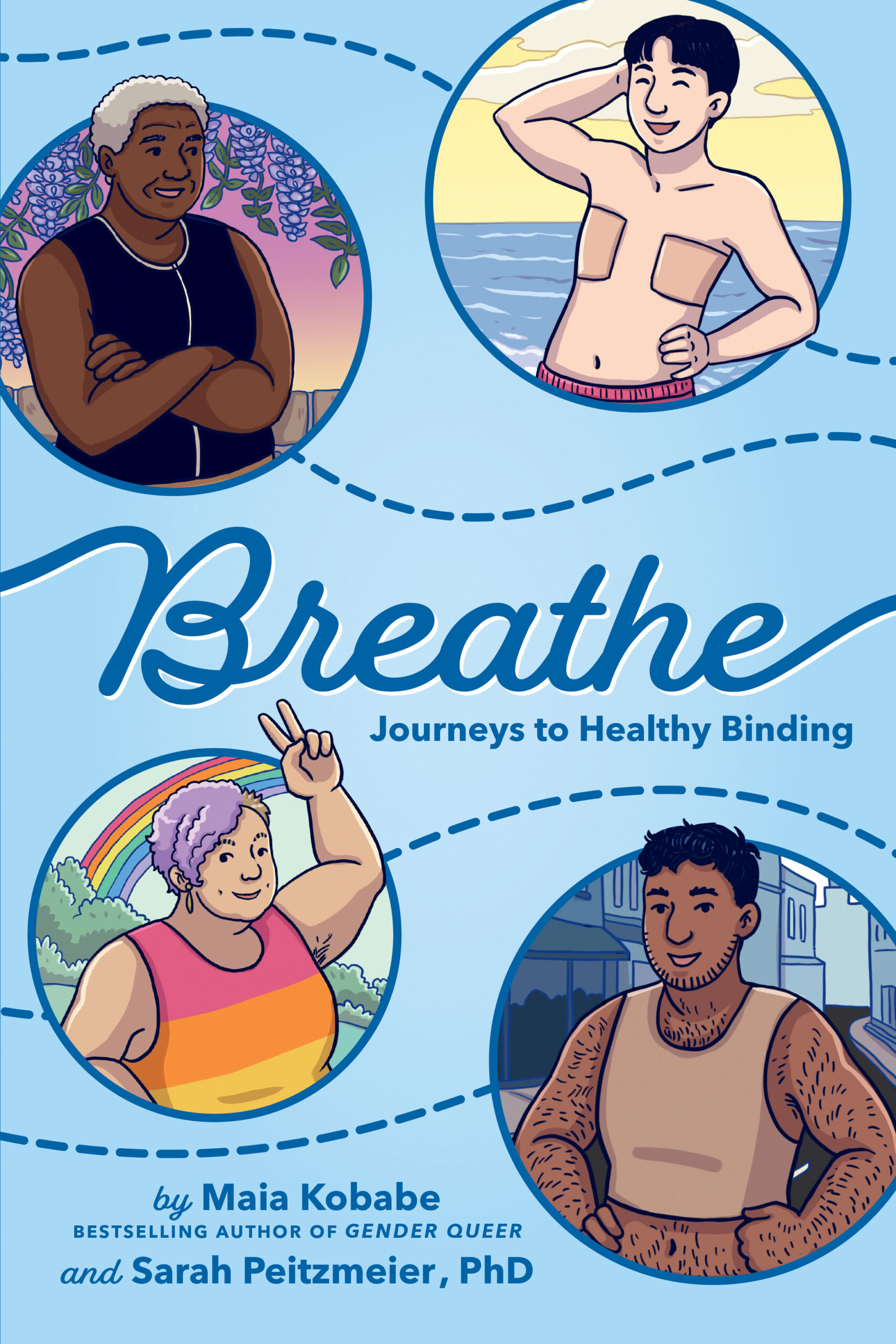
by Michele Kirichanskaya | May 29, 2024 | Blog
Maia Kobabe (e/eir/em) is author of the award-winning and bestselling memoir Gender Queer, the most banned book in America for the last two years. E and eir work has been featured in Time, NPR, the Washington Post, the Los Angeles Times, and many other outlets. Kobabe...
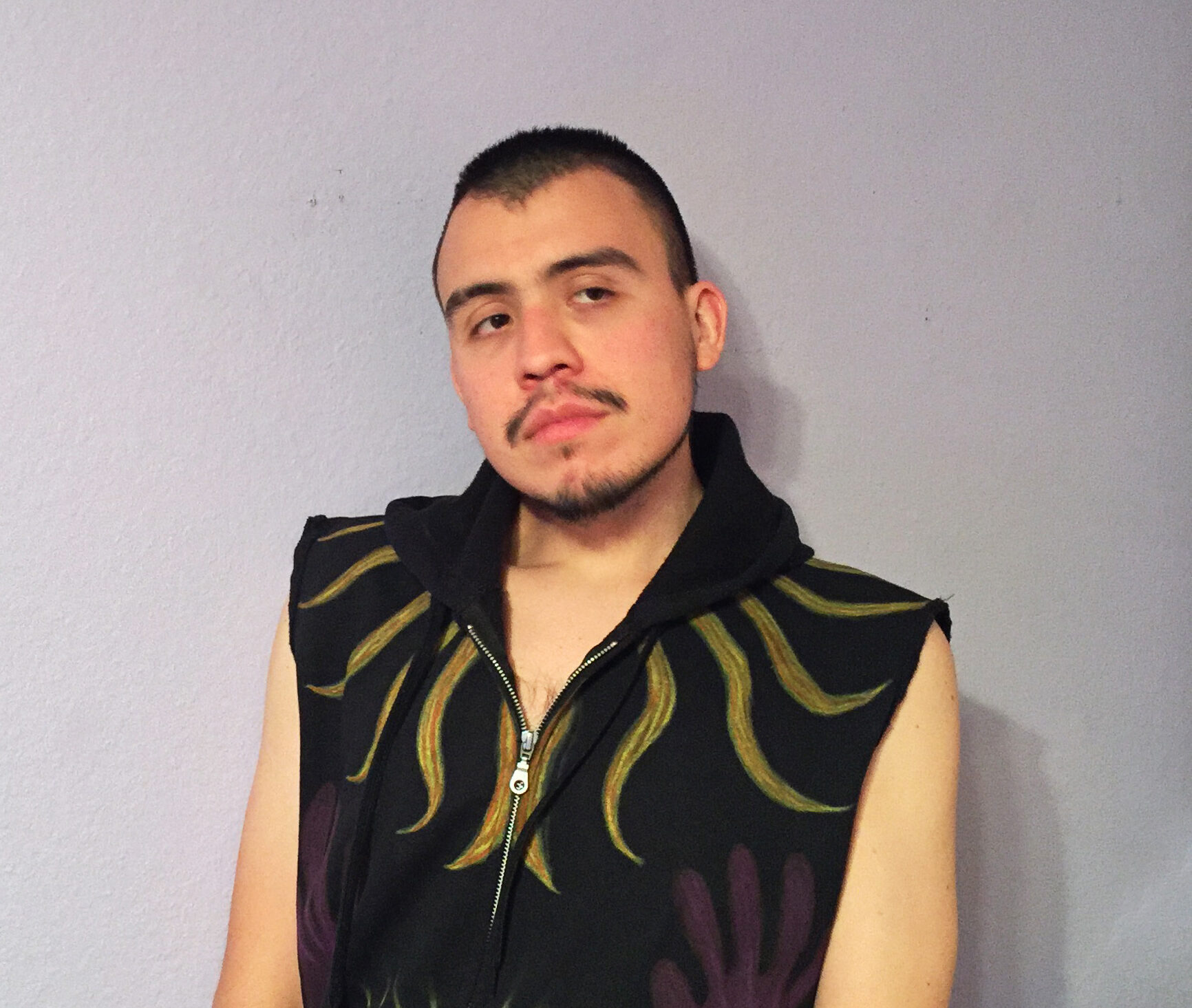
by Michele Kirichanskaya | Apr 1, 2024 | Blog
Michael Paramo is a Xicanx researcher, writer, poet, and artist born and raised in the suburbs of southern California (on Tongva land) in a Mexican-American family. They created AZE in 2016, a platform that publishes the writing and artwork of asexual, aromantic, and...
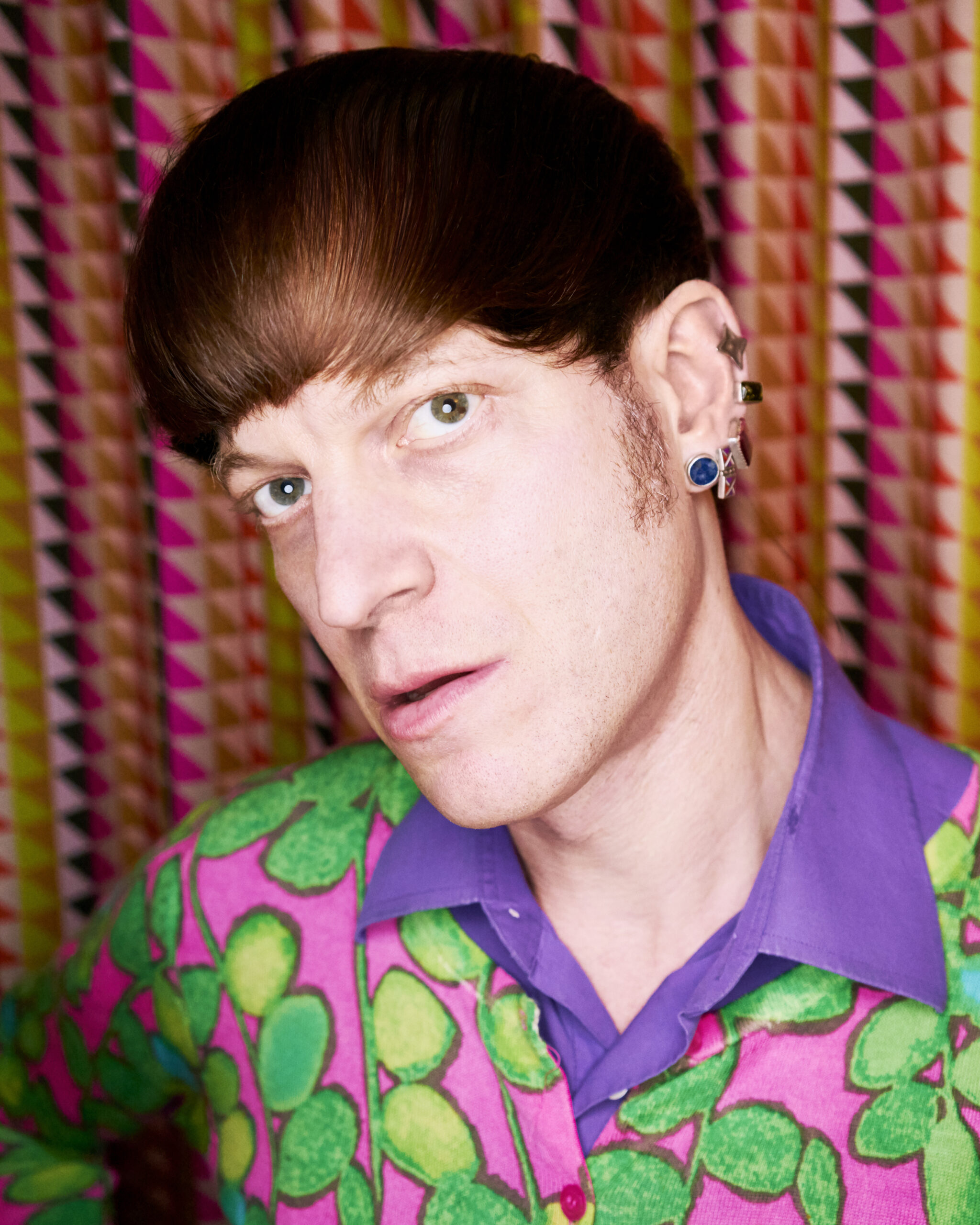
by Michele Kirichanskaya | Nov 25, 2023 | Blog
Mattilda Bernstein Sycamore is the author of three novels and a memoir, and the editor of five nonfiction anthologies. Her memoir, The End of San Francisco, won a Lambda Literary Award, and her anthology, Why Are Faggots So Afraid of Faggots?: Flaming Challenges to...
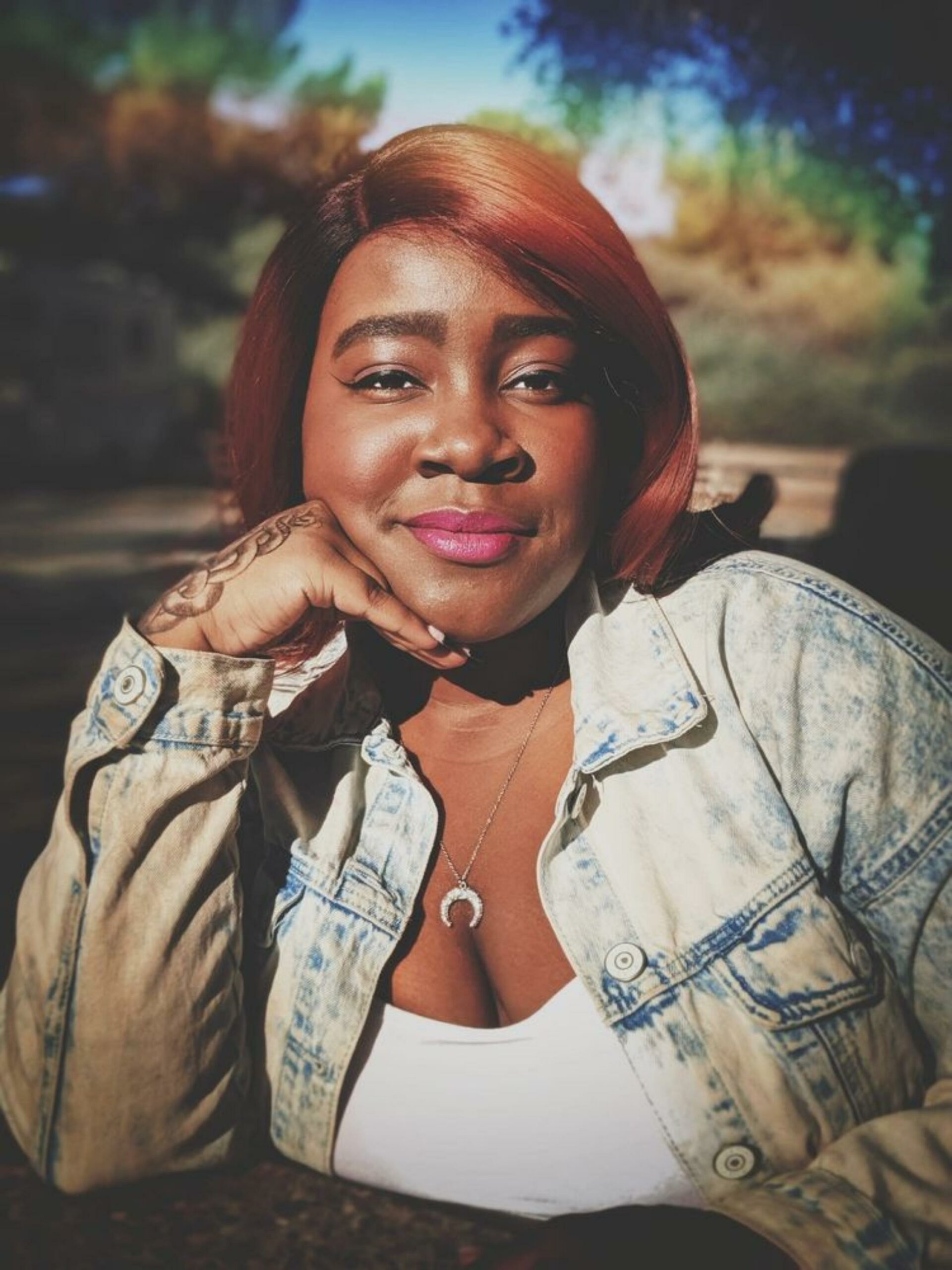
by Michele Kirichanskaya | Aug 15, 2023 | Blog
Clarkisha Kent is a Nigerian-American writer, culture critic, former columnist, and up-and-coming author. Committed to telling inclusive stories via unique viewpoints from nigh-infancy, she is fascinated with using storytelling and cultural criticism not as a way to...






